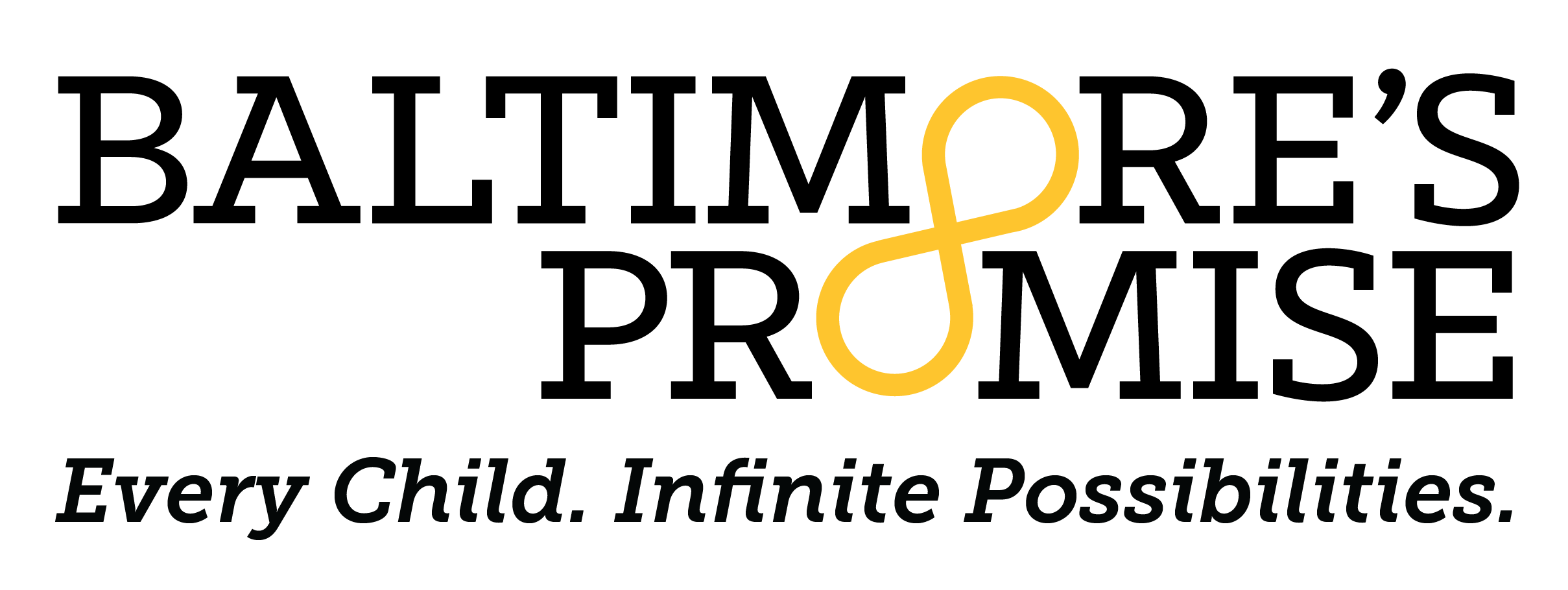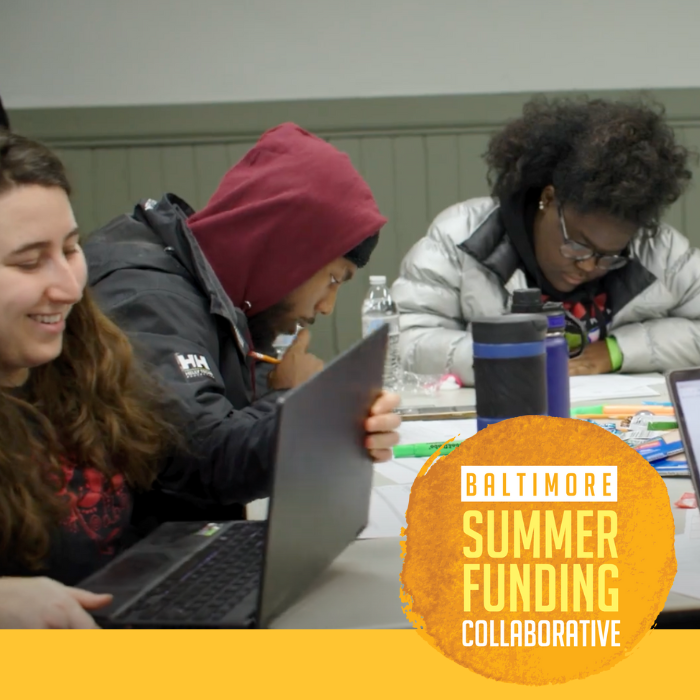What Programs Do Baltimore Youth Need in the Summer? We Asked. They Answered.
How do you determine if summer programs are meeting the needs of Baltimore youth and families? Ask them.
That was Baltimore’s Promise’s approach to steering the review process of the Summer Funding Collaborative (SFC). The nearly decade-old partnership pulls together over 10 public, private, and nonprofit organizations that support high-quality summer programs for local children and youth from low-income backgrounds. By asking youth and parents/caregivers to weigh in on funding applications, Baltimore’s Promise aims to meaningfully incorporate power-sharing and align funding decisions with community priorities. Reviewers’ decisions directly affect more than $2 million in funding for local summer programs.
To Sylvia Witt, a mother of four who participated in the 2023 review, the need for these voices seemed clear.
“I'm not very learned about how programs go about getting their funding or how they go about giving funding. But I will say it sure makes a lot of sense to consult your constituents about what they would like to have happen in the summer for their youth. That sort of feedback seems invaluable. You can't put a dollar amount to the sort of thing that's happening around the tables here,” she said.
Saidah Ervin, a 16-year-old community reviewer agreed, adding that she aimed to align the funded programs with the interests of her peers and those of the communities around her.
“I hope that I'll affect what actually does get funded,” she said. “If we're not getting feedback from … the types of community members that would be doing the program, we don't know if it actually serves who it's supposed to serve, and we don't know if it's something that people want or need.
Hear more from Saidah in this short video.
Weighing in from different angles
Baltimore’s Promise, which serves as the administrative backbone for the SFC, developed the participatory grantmaking approach with a firm belief that improving program quality requires the voices of — and decision-making by — diverse groups of young people and their families. SFC’s review process leads to better-quality programs and, in turn, better outcomes for youth.
To recruit community reviewers — Baltimore City-based parents or caregivers of children ages 0-13 and youth ages 14-24 — Baltimore’s Promise relied on its own channels, and those of community-based partners. Baltimore’s Promise paid reviewers for their time, paid for transportation, and provided food and child care to ensure more community members would be able to take part.
Reviewers brought their own experiences and interests to the discussions and didn’t always agree on their evaluations.
“I love having a seat at the table, having a voice at the table, and being able to hear other people’s perspectives and know that I'm not always right,” said Montaze Cooper, an older youth participant. “Hearing other people’s perspectives at a collaboration table, it makes me understand because I'm an open heart. Wow. I didn't look at it from that way. But let me add that into my perspective … and that might change my decision.”
Ebony Simmons, a mother of five whose children range in age from 13 to 24, said she understood some programs focus on academic skills but was particularly interested in programs that introduced young people to potential careers.
“One application was on video and coding, for example. And I know my son would love that as a camp. To … expose yourself to that — and not in college where you're spending thousands — you get a chance to see if that's something you want,” she said. “It could be a great opportunity for a lot of students because, the thing is, a lot of times in these communities, they're not even exposed to certain career options.”
Affecting opportunity
Participants also mentioned the benefits of learning more about the variety of available opportunities across Baltimore.
“I have a lot to learn about what goes on where and what summer programs are happening — much less, which ones are good or bad,” said Witt, who moved to Baltimore with her family from Detroit three years ago. “As a parent, we all have our different ideas about what’s good for our family, and what’s not good for our family. So it’s just nice to see this side of the application to know what the programs are intending to do.”
Ervin said she plans to serve as a community reviewer again next year.
“I plan on doing it until I age out!” she said. “Not only do you get paid for doing this, but you also can actually affect what gets funded in the city. You can affect the programs that you might do, which is really, really cool, really beneficial. You also just learn a lot more about how these kinds of things work. … I told all my friends to get involved.”

